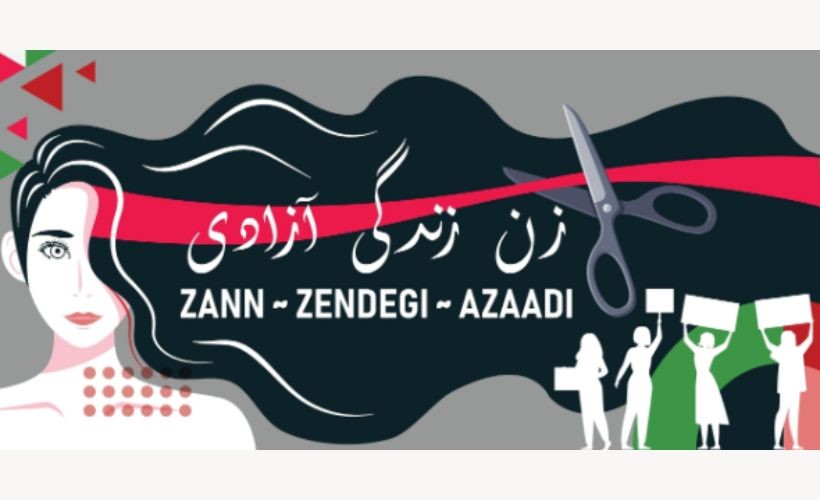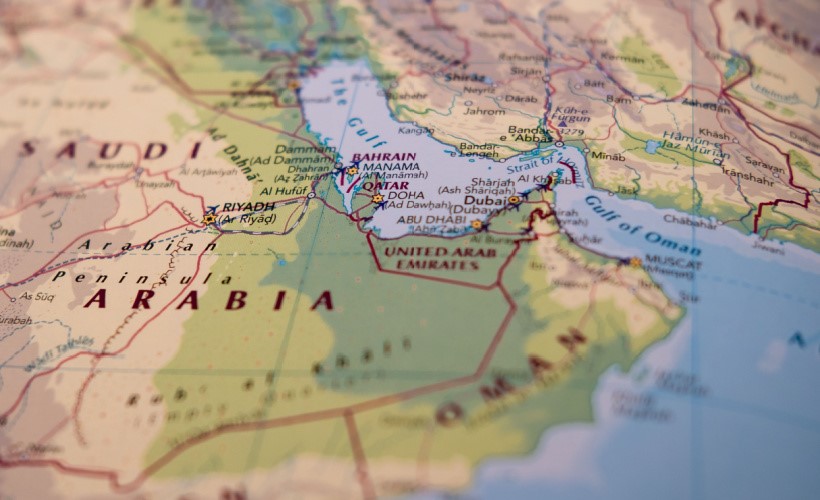Tom Peak was a Research Associate at the Centre for Geopolitics between 2019-2021. During his time at the Centre, Tom worked on the Westphalia for the Middle East project with Brendan Simms, Ali Ansari, and Patrick Milton. He also convened a series of panel events on themes in Genocide & Mass Atrocity Prevention and Responsibility to Protect. This series convened leading scholars and policy makers to discuss pressing issues for human rights protection. The series culminated in a two-day symposium on Intervention & Responsibility to Protect co-hosted with King’s College London and the journal Global Responsibility to Protect. Peak’s new book Westphalia from Below – Humanitarian Intervention and the Myth of 1648, was published in September 2021.
More on Westphalia from Below – Humanitarian Intervention and the Myth of 1648,
An original contribution to international ethics and humanitarian intervention, Westphalia From Below draws on history and International Relations theory to offer a fresh analysis of an insufficiently understood subject. The longstanding Myth of 1648 has had damaging consequences for international politics, hampering responses to mass atrocity crimes and leading to impoverished visions of humanitarian protection which persist to this day. This new history of the lead-up to 1648 exposes the myth of absolute sovereignty supposedly enshrined at the Peace of Westphalia, revealing that humanitarian intervention is fully compatible with true Westphalian sovereignty.
Political Scientists and IR scholars often assume that the Westphalian peace treaties ending the Thirty Years War in 1648 instituted an absolutist understanding of sovereignty and a strict principle of non-intervention, which was only later displaced by the radical innovation of humanitarian intervention—but Thomas Peak shows how Westphalia actually established an order firmly grounded in respect for human dignity, in which sovereignty and intervention were not opposed. This argument fundamentally reshapes how humanitarian intervention can be imagined and practised today. The true legacy of Westphalia has important and valuable connections with recent conceptions of international politics, particularly the legitimacy of intervention on humanitarian grounds. And as the world continues to struggle with the problem of how to respond to mass violence, Peak’s study is as relevant as it is refreshing.
Westphalia from Below – Humanitarian Intervention and the Myth of 1648, is available to buy here.







